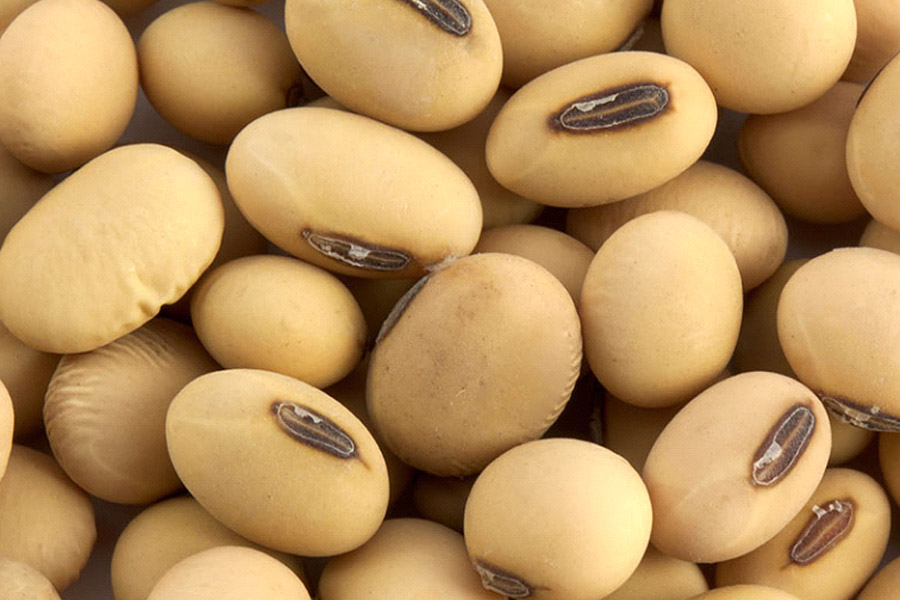Food
Maize
Maize or corn (Zea mays L.) is an important cereal crop of the world. It is a source of nutrition as well as phytochemical compounds. Phytochemicals play an important role in preventing chronic diseases. It contains various major phytochemicals such as carotenoids, phenolic compounds, and phytosterols.
Maize is generally used for animal feed. It is widely processed into various types of products such as cornmeal, grits, starch, flour, tortillas, snacks, and breakfast cereals. It also contains vitamin C, vitamin E, vitamin K, vitamin B1 (thiamine), vitamin B2 (niacin), vitamin B3 (riboflavin), vitamin B5 (pantothenic acid), vitamin B6 (pyridoxine), folic acid, selenium, N-p-coumaryl tryptamine, and N-ferrulyl tryptamine. Potassium is a major nutrient present which has a good significance because an average human diet is deficient in it. Roasted maize kernels are also used as coffee substitute.
Maize is generally used for animal feed. It is widely processed into various types of products such as cornmeal, grits, starch, flour, tortillas, snacks, and breakfast cereals. It also contains vitamin C, vitamin E, vitamin K, vitamin B1 (thiamine), vitamin B2 (niacin), vitamin B3 (riboflavin), vitamin B5 (pantothenic acid), vitamin B6 (pyridoxine), folic acid, selenium, N-p-coumaryl tryptamine, and N-ferrulyl tryptamine. Potassium is a major nutrient present which has a good significance because an average human diet is deficient in it. Roasted maize kernels are also used as coffee substitute.

Food
Soya Bean
Traditional unfermented food uses of soybeans include soy milk, from which tofu and tofu skin are made. Fermented soy foods include soy sauce, fermented bean paste, nattō, and tempeh. Fat-free (defatted) soybean meal is a significant and cheap source of protein for animal feeds and many packaged meals. For example, soybean products, such as textured vegetable protein (TVP), are ingredients in many meat and dairy substitutes.[4]
Soybeans contain significant amounts of phytic acid, dietary minerals and B vitamins. Soy vegetable oil, used in food and industrial applications, is another product of processing the soybean crop. Soybean is the most important protein source for feed farm animals (that in turn yields animal protein for human consumption)
Soybeans contain significant amounts of phytic acid, dietary minerals and B vitamins. Soy vegetable oil, used in food and industrial applications, is another product of processing the soybean crop. Soybean is the most important protein source for feed farm animals (that in turn yields animal protein for human consumption)


